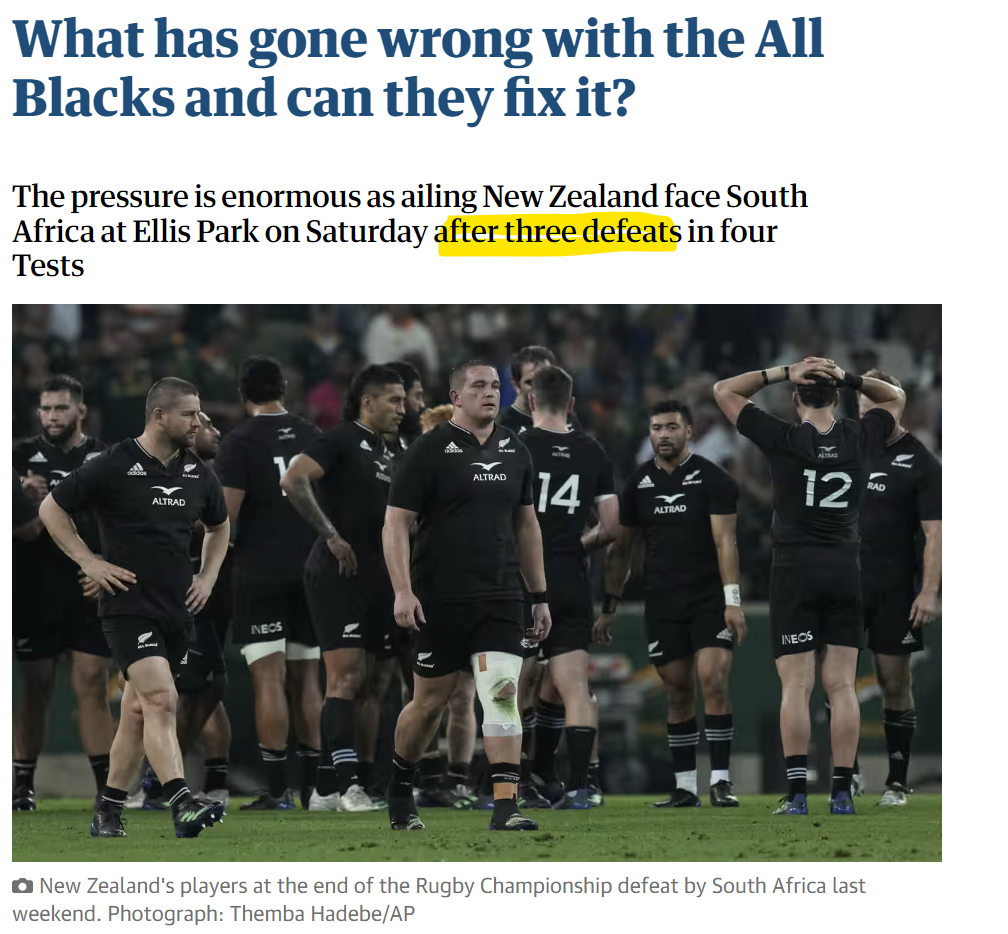We have the data we need, we don't use it, it's costing us billions

GET THE #1 EMAIL FOR EXECUTIVES
Subscribe to get the weekly email newsletter loved by 1000+ executives. It's FREE!
Sailing Blind: The $1 Billion Mistake We Keep Making
Picture this: You're a modern-day Captain Cook, except instead of discovering new lands, you're tasked with building New Zealand's future.
Exciting, right?
Now imagine if every time you set sail on a new project, you throw your hard-earned maps overboard.
Sounds crazy?
Welcome to the world of infrastructure planning in New Zealand.
70%! Of Major Projects Are Over Budget
-
Imagine if you ran your business this way.
-
Imagine if you ran your weekly spend this way.
If 70% of your budgets go over, at some point you would stop and say "hmmmmm, maybe we should do something different?"

In any domain you can think of, this would be completely unacceptable.
And by the way, we aren't talking about $100 here or there. We're talking about billions of dollars.
We can do so much better.

Imagine if the All Blacks had this happen
- The poor All Blacks, every time they lose a single game, they get a royal inquisition.
- Imagine what would happen if they lost 70% of their games?

I'm guessing that the answer probably wouldn't be, Oh, we will just keep doing what we are doing
We don't accept mediocrity in our sports teams in this country (and in the recent Olympics we did the best in the world on a per capita basis amongst major sporting nations.)
Why do we accept mediocrity with infrastructure budgeting and overruns when the impact is huge and ultimately taxpayers foot the bill?
New Zealand is in the bottom 10%
Our infrastructure efficiency lies in the bottom 10% of high-income countries.
Let's look at some of the recent projects.
- Transmission Gully Motorway, Wellington: Initially estimated at $850 million, the final cost of this project ballooned to over $1.25 billion, and counting.
- Mental Health Unit, Waikato: initially budgeted at $100 million, now stands at over $180 million and is under construction.
- Waikato Expressway: The Hamilton section was more than 500%, or $700 million, above initial estimates.
- Te Wao Nui Wellington Children’s Hospital: Came in at 132% over budget at $116 million against the original budget of $50 million.
- Or just pick a project and it was probably over budget.
The Madness of Our Method
Here's where it gets really wild. We have treasure troves of data, insights, and hard-won wisdom scattered across government agencies, The Treasury, the Infrastructure Commission, and rattling around in the heads of project managers.
But instead of using this goldmine, we're starting each project with amnesia.
We're not just dropping the ball; we're never even picking the ball up. We don't even know where the ball is or what game we are even playing.
We Commit to Projects too Early
"Often engineers haven't actually had the chance to do a geotechnical conditions assessment, look at the market costs, and there's a whole lot of other factors that might change during the duration of these projects," Former Infrastructure Commission Chief Executive Ross Copland said.
By the way he's referencing a project in this article that was 12 billion over budget, coming it at 16 billion instead of 4!!!
Here's What We Would Do About It?
We have some ideas, first we think we need to have a common data model. We need to look to how developers open source projects and learnings, we need to do the same with infrastructure projects.
A common data model
We need to have a common database of real infrastructure costs and project information. Imagine a system for project planning – type in your project, across sectors and industries and then see what the costs were, what the challenges were, and what the solutions were.

Lessons learned
We need a shared system across government to record and easily access project insights. Think of it as a greatest hits album of infrastructure wins (and facepalms).
